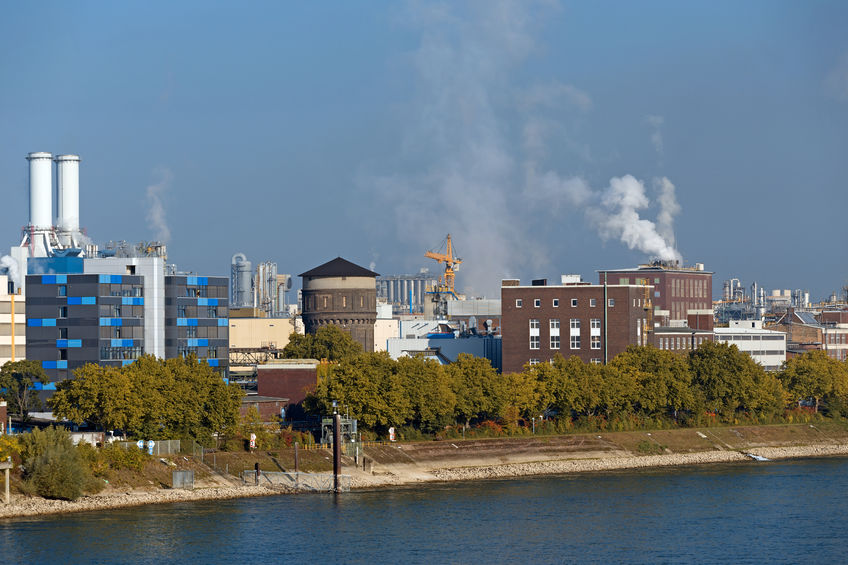
Chemical giant BASF has created a website to show progress of repair work on its fire-damaged production plant, which has consequently put unprecedented demand on worldwide supplies of vitamins.
While starting up its Citral production plant in Ludwigshafen, Germany, after a scheduled maintenance shutdown, a fire, caused by a technical equipment failure, occurred at the site in the late evening of October 31, 2017.
The fire that occurred destroyed key electric components that are needed to steer production processes. There was only a minor impact on structural components of the plant.
The plant is one of the world’s primary suppliers of vitamins and colourants and it is not expected to be up and running again until March at the earliest, putting unprecedented demand on the rest of the world’s supply.
BASF has now launched a website to inform customers and industry stakeholders about the progress of the repair work.
Both Martin Humphrey of Humphrey Feeds and Russell Crang of Crediton Milling have warned FarmingUK that because of the fire, farmers could face spiralling vitamin costs.
"The cost of vitamin A has risen from €20 a kilo to €350 a kilo," said Martin Humphrey. Although a small part of feed ingredients, the size of the increase is likely to add to feed costs for some time.
"The availability and cost of vitamins and synthetic pigments are likely to have the greatest impact on prices in the short term as we enter the New Year," said Mr Crang.
He said at this moment in time, the BASF plant fire is set to have a greater short term impact on price than wheat and soya put together.
Martin Humphrey said the German factory produced 50 per cent of vitamins A and E on the market.
It was also the only supplier of red pigment that was approved for use under the British Egg Industry Council's Lion code, he said.
"I think it will be the third quarter of the year before we see sensible prices again."
